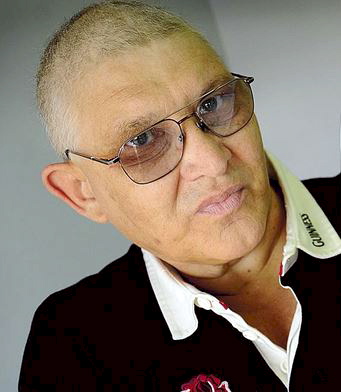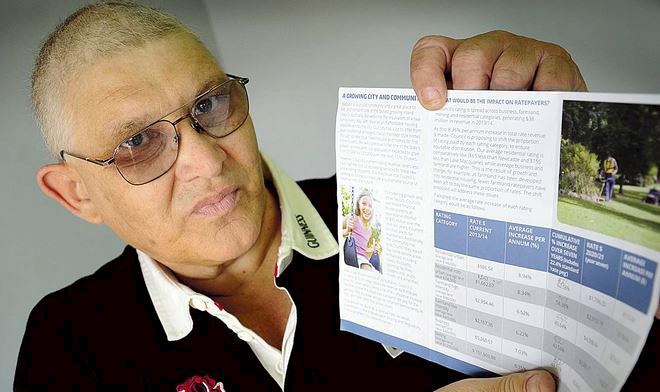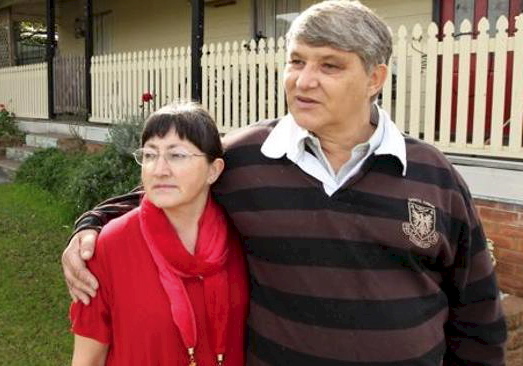George Douglas PRESTON
George Douglas PRESTON
aka Doug
Late of Maitland
New South Wales Police Force
Academy Class 240
Regd. # 26220
Rank: Senior Constable – Retired
Stations: ?, Muswellbrook, Kurri Kurri, Maitland GD’s, Central Hunter – Retirement
Service: From ? ? ? to 9 January 2009 = 19 years Service
Awards: No find on It’s An Honour
Born: 4 September 1956
Died on: Sunday 28 May 2017
Age: 60
Cause: Cancer – Prostate
Event location: ?
Event date: Sunday 28 May 2017
Funeral date: Thursday 1 June 2017 @ 1pm
Funeral location: Beresfield Crematorium, 176 Anderson Dve, Beresfield
Buried at: Cremated
Wake: Beresfield Bowling Club
Memorial located at: ?

[alert_yellow]DOUG is NOT mentioned on the Police Wall of Remembrance[/alert_yellow] *NEED MORE INFO
[divider_dotted]
Funeral location:
[codepeople-post-map]
[divider_dotted]
FURTHER INFORMATION IS NEEDED ABOUT THIS PERSON, THEIR LIFE, THEIR CAREER AND THEIR DEATH.
PLEASE SEND PHOTOS AND INFORMATION TO Cal
[divider_dotted]
May they forever Rest In Peace
[divider_dotted]
Resident questions council rate figures
A pamphlet outlining the extent of potential rate rises has landed in letter boxes across Maitland and Doug Preston, for one, has questioned the full impact.
“The figures are very rubbery and something stinks,” Mr Preston said.
The average urban residential rates notice, based on a $148,000 land valuation, would climb 8.94 per cent annually from $986.54 to $1796.32 – an 82 per cent cumulative increase. Not 62 per cent as council has published.
Council defended the difference as a matter of reporting methods.
“Council acknowledges there are different views as to how the percentage increases should be expressed,” council’s acting general manager Bernie Mortomore said in a statement to the Mercury.
“Council has been active in distributing as much information as possible on both the increase proposed and the services to be provided by council over the period.”
The pamphlet is part of council’s community consultation, which includes 10am and 6pm public meetings today at the town hall, on proposed rate increases.
The rate rise would affect business, farming and residential landholders, with successive increases over seven years starting in July 2014.
Mr Preston estimated the increase would likely hit ratepayers even harder when the Valuer-General reviewed property values in 2014 and 2017.
“Even if it’s a conservative 3 per cent it will add about $100 a year and the end result will be more like $2000,” he said.
The proposed rate increase is the product of surveys to gauge what services residents wanted and what they were prepared to pay as council faced a $92 million deficit within 10 years.
“I don’t agree with council’s argument that rates must increase,” Mr Preston said.
But council said it had worked hard to communicate the proposed increases clearly.
“Council has been active in distributing as much information as possible on both the increase proposed and the services to be provided by council over the period,” Mr Mortomore said
Patients mortgaging homes to pay for life-saving drugs
PATIENTS in Eastern Europe and even poverty stricken Greece and Italy are getting access to lifesaving medicines ahead of people in Australia, who in some cases are being forced to remortgage their homes to afford the costly treatments.
As critical government subsidies are refused or delayed in Federal Cabinet, two pharmaceutical companies have dramatically decided they won’t reapply for a subsidy after being knocked back up to seven times.
Lowest number of drugs placed on PBS in 20 years
Their decision has left patients who need the life-extending melanoma treatment Zelboraf facing a $9,400 a month bill for treatment.
Meanwhile, the small number of people with the rare Pompe’s Disease which impairs muscle function and reduces life expectancy are expected to afford $400,000 a year for the treatment Myozyme.
And other crucial medicines which have been approved for subsidy by an independent expert government committee are months later still waiting for cabinet to approve the funding.
Former policeman Doug Preston risked death if he waited for Cabinet to approve subsidy for his $3,500 a month prostate cancer treatment Zytiga. He had to remortgage his house to find the money.
“If I hadn’t done that I would have got past the no return point, my back would have decayed, my legs would have crumbled, I would be bed bound and waiting for death,” he said, explaining that he has a new lease of life since he started the drug.
Zytiga was approved for subsidy by the Pharmaceutical Benefits Advisory Committee in March, July and November 2012 but the drug company was initially unhappy with the price it was being offered, delaying the subsidy approval.
A new anti-clotting medicine Pradxa was approved for subsidy two years ago and then again in March but 100,000 stroke patients who could benefit from it are still waiting for cabinet to fund it.
Under an agreement the government has with the medicines industry it has six months to approve a medicine if it is approved for subsidy and a price agreement is reached with the company.
The knock-backs and delays come as a study commissioned by pharmaceutical lobby group Medicines Australia found last month that the number of new medicines placed on the nation’s drug subsidy scheme was the lowest in 20 years in 2011-12.
Just 15 new medicines were added to the scheme that year, 40 per cent fewer than the 20-year average of 25 new drugs a year, the Centre for Strategic Economic Studies found.
Many Australians get free access to breakthrough new drugs through clinical trials but the number of new clinical trials approved in Australia is also down 30 per cent in the past six years.
Medicines Australia chief Brendan Shaw says patients waiting for cabinet to approve funding for their medicines are now worried the caretaker period where government ceases entering contracts during the election may further delay subsidies.
Medical Oncology Group of Australia chair Professor Gary Richardson says Australia’s drug approval system is out of date a needs to be reviewed.
“We are now falling behind Eastern European countries with the availability of medicines,” he said.
Drugs should be reimbursed earlier and monitored for five years after which their performance and price should be reassessed, he said.
Dr Shaw says the pharmaceutical industry wants all parties to agree after the election to a new framework for approving medicine subsidies that will speed up the process and provide certainty.




